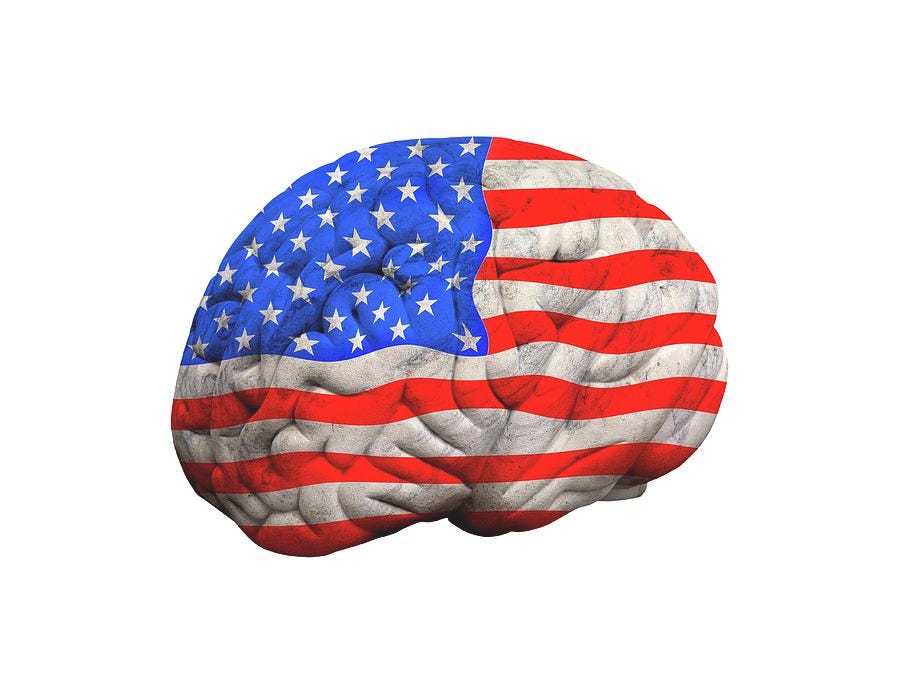Exporting the American Brain
[Book report] How the American idea of chemical imbalance became global
Book: Crazy Like Us: The Globalization of the American Psyche
In the year 2000, the multibillion dollar prescription drug company GlaxoSmithKline invited dozens of academics and researchers to Japan, ostensibly to discuss their antidepressant Paxil. The guests were given first class tickets to the country, stays in five-star hotels, and treated like royalty.
Soon, it became clear to the researchers that this was not simply a conference to learn about Paxil, but a way to break into the Japanese depression market. In the 1990s, as sales of SSRIs skyrocketed in the United States and some European countries, the drugs had not yet even been introduced in Japan. And that’s mostly because drug manufacturers knew that Japan had a completely different understanding of depression.
While the country did have a technical term for “depression”—utsubyô—the diagnosis was only reserved for the very, severely depressed. Utsubyô was considered as serious as schizophrenia. People diagnosed with it would often stay in a mental hospital for over a year (the average stay at a mental hospital in the U.S. was 10 days).
What Americans were familiar with as depression—a few weeks of intense sadness, demotivation, grief, a cloud hanging over their heads—was not considered a disorder in Japan. Which is not to say Japan had no sad people, but that the sadness was understood differently. In studies on the differences between how Japanese and American people viewed depression, researchers found that in Japan, people tended to associate low mood with external factors—solitude, bad weather, disease. Americans, on the other hand, viewed depression as an internal problem of emotion.
In order to sell antidepressants to the Japanese, GlaxoSmithKline and other manufacturers concluded that they’d not only have to market the drugs, they’d have to market a completely different conceptualization of what depression was, one based in the American biomedical understanding of mental distress.
So GSK and other drug companies began a huge advertising push—taking out full-page ads in newspapers asking for trial volunteers for SSRIs (these ads, it turned out, were less to recruit people and more to make the public aware that these drugs existed in the first place). They hired academics to give interviews to Japanese media about the apparent crisis of undiagnosed depression in the country. They created “patient advocacy” websites that did not disclose any ties to drug manufacturers. And American SSRI promoters began getting media coverage in Japan.
It worked: In 2001, Paxil sales brought in about $100 million in Japan. By 2008, GSK had sold over $1 billion of the drug in the country.
This marketing of American understandings of the brain, mental health, and emotional states is the subject of the 2011 book Crazy Like Us: The Globalization of the American Psyche by journalist Ethan Watters. As Watters outlines in his book, using examples from around the globe, the American psychiatric view of mental health has been exported to nearly every country on earth, often with devastating results.


